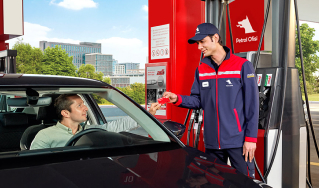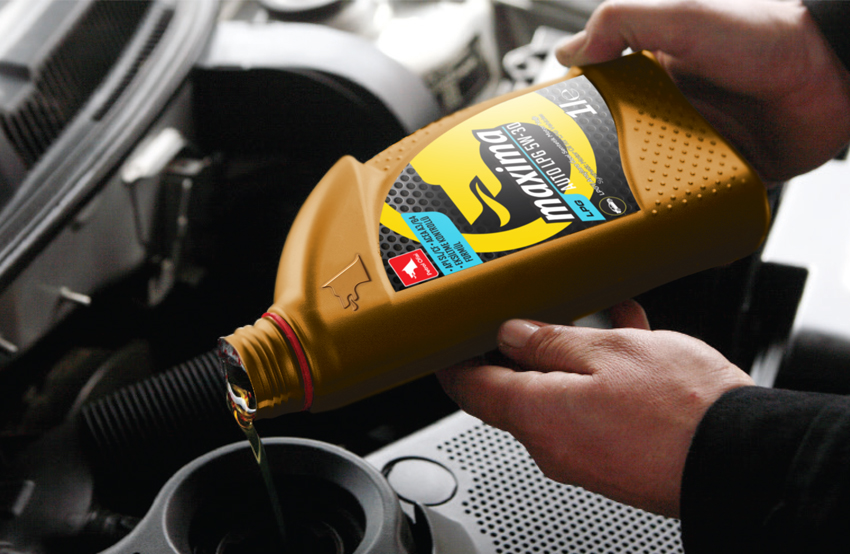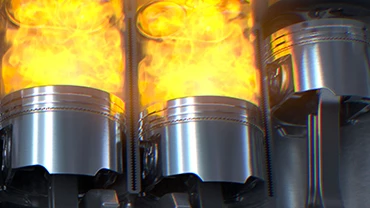The octane rating is an indicator of how quickly fuel burns and how resistant it is to detonation. It plays a crucial role in selecting the type of gasoline that ensures the cleanest and most efficient combustion in engines.
Determining Octane Rating: The octane rating is measured through a test defined by the ASTM D910 standard. In this test, the gasoline sample and reference fuels (iso-octane and n-heptane) are burned under controlled conditions in a test engine. The combustion speed is measured by observing the formation of pressure waves. Iso-octane burns slowly and in a well-controlled manner, and therefore has an octane rating of 100. n-Heptane, on the other hand, burns rapidly and uncontrollably, and is assigned an octane rating of 0. The closer the combustion behavior of gasoline is to iso-octane, the higher its octane rating.
Octane ratings generally range between 90 and 110. Gasoline rated at 90 octane or higher is classified as high-octane, while those below 90 octane are considered low-octane fuels.





